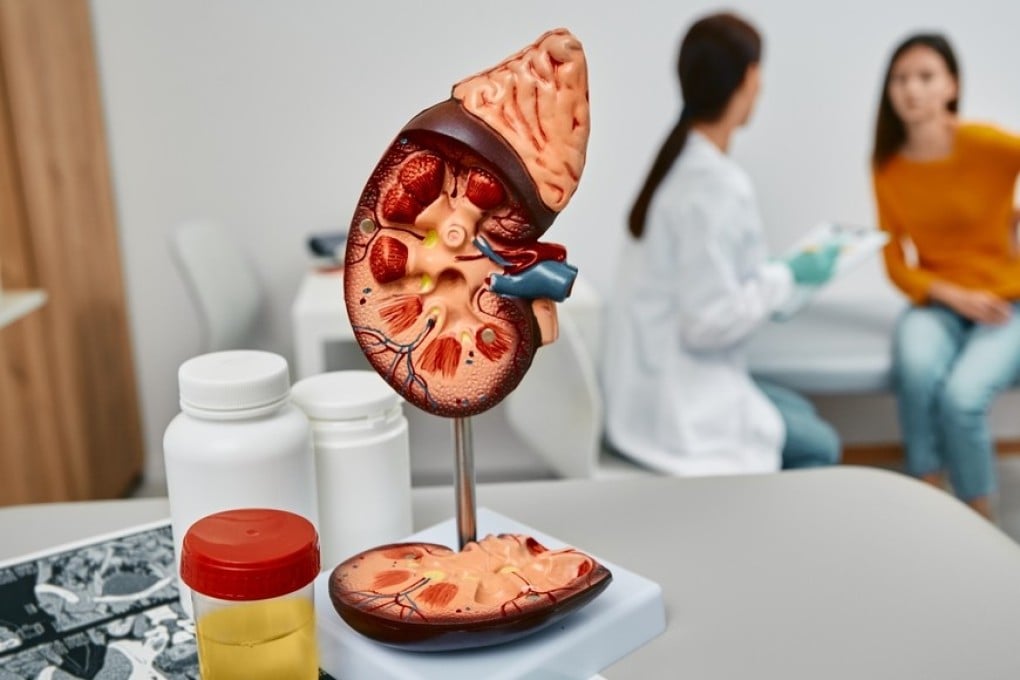Kidney disease and how to prevent or manage it by diet – experts explain foods to avoid
- Eating right is one of the best ways to prevent and manage kidney disease, experts say ahead of World Kidney Day on March 10
- Diabetes and high blood pressure – two common ailments – are both huge contributing factors to kidney disease

March 10 is World Kidney Day, which launched in 2006 to promote kidney health. This year’s theme is “Bridge the knowledge gap to better kidney care”, in the hope that narrowing the gap will help prevent deaths related to kidney disease, which rise every year.
Kidney disease is predicted to be the fifth leading cause of death by 2040.
“Whenever you can bring awareness to a subject that affects people and doesn’t get much attention, it’s always good,” says Lori Hartwell, founder of the national Renal Support Network in the United States, based in California. Run by kidney patients like Hartwell, the non-profit organisation aims to benefit others affected by chronic kidney disease.
“Kidney disease is affecting a greater number of people,” Hartwell says. “We’re living longer, and our kidneys age along with us and don’t work as well over time. We have to take care of them.”

People are often surprised to learn that diabetes and high blood pressure – a condition that affects more than a quarter of adults in Hong Kong, according to a 2020 study – are the primary causes of kidney failure, she says.